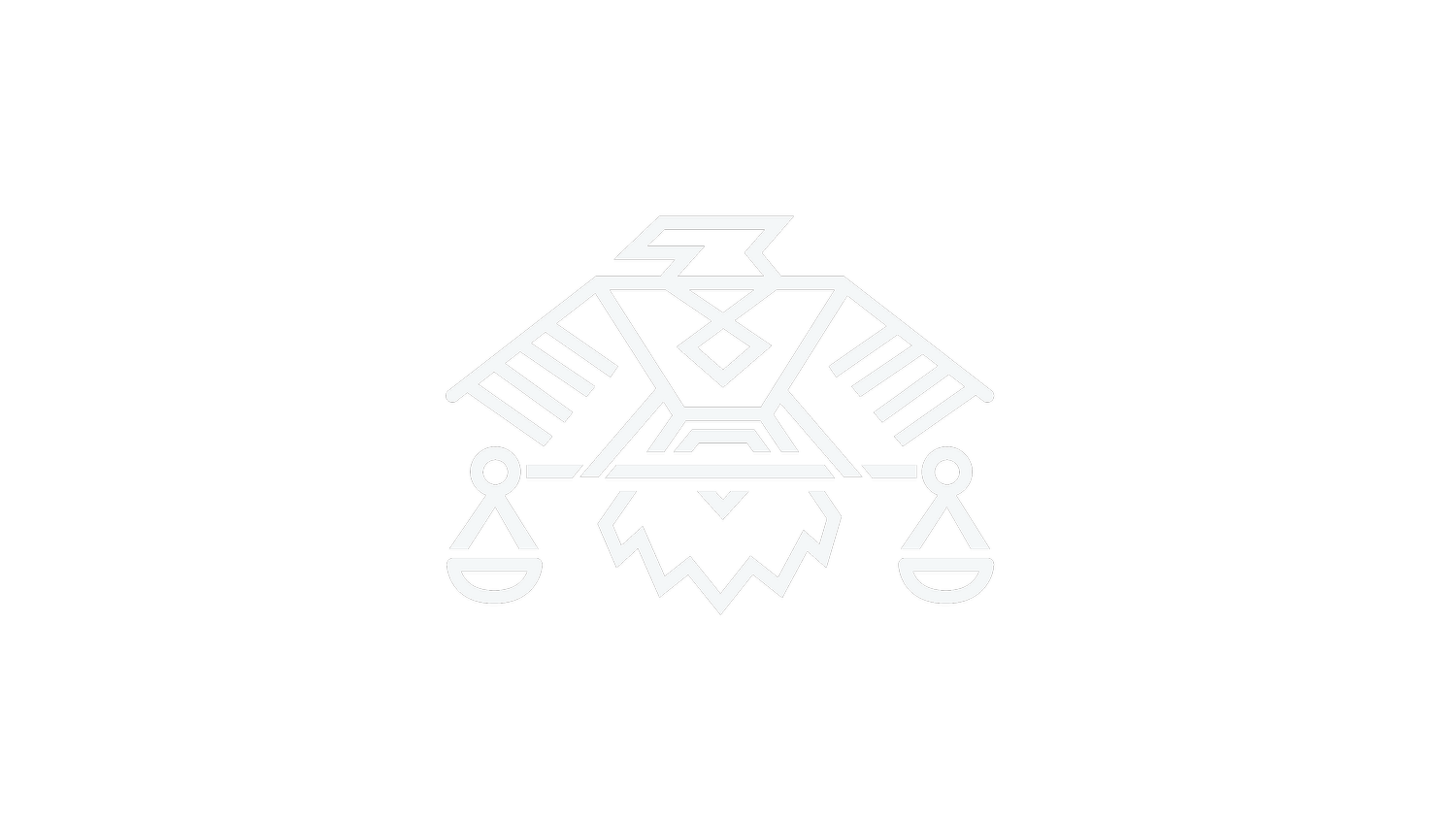THE IBA CONGRATULATES GERALD MORIN & HARRY LAFORME, ORDER OF CANADA
OTTAWA, ONT – Please join the Indigenous Bar Association in Canada (the "IBA") in congratulating the Honourable Harry S. LaForme, IPC, O.C., K.C., and the Honourable Gerald M. Morin, O.C., K.C., (JD’87) on receiving the Order of Canada, one of Canada’s highest honors.
The Order of Canada is awarded to people for their extraordinary contributions to the nation. The appointments were announced in December 2022, and an inauguration ceremony is anticipated to be held at a later date. As an organization dedicated to the revitalization, respect, and recognition of Indigenous laws and legal traditions, including upholding the importance of language and culture, the IBA extends our deepest congratulations to the Honourable Harry S. LaForme and the Honourable Gerald Morin on this momentous occasion.
The Honourable Harry S. LaForme is honoured for “advancing national Indigenous rights as a ground-breaking jurist, and for championing underserved communities in Canada.” The Honourable Justice LaForme is Anishinaabe and a member of the Mississaugas of the Credit First Nation located in southern Ontario. A graduate of Osgoode Law School in 1977, he joined the Ontario Bar and became an associate of Osler, Hoskin and Harcourt before he commenced his own legal practice. In his practice, he specialized in Indigenous and Aboriginal law and in appeared at each level of Canadian court on Constitutional and Charter matters.
Justice LaForme was appointed to the Superior Court of Ontario in 1994, making him one of only three (3) Indigenous judges appointed to that level of trial court in Canada. In 2004, he became the first Indigenous person in Canadian history to be appointed to an appellate level court. Known for his decisions in cases such as R v Kakekagamick (2006) and Halpern v Canada (2002), the Honourable Justice LaForme has made vital contributions to ensuring the best outcomes for Indigenous Peoples in the justice system and Canadian law more generally.
Justice LaForme retired from the bench in October 2018; however, he continues to advise on important Indigenous issues as senior counsel at Olthuis Kleer Townshend LLP. Most recently, he received the honour of being designated an Indigenous Peoples Counsel (“IPC”) by the IBA at the 2022 Annual Indigenous Bar Association Conference for his years of dedication and commitment. Other contributions include his work as co-chair of the independent National Chiefs Task Force on Native Land Claims; Chief Commissioner of the Indian Commission of Ontario; Chair of the Royal Commission on Aboriginal Land Claims; and his many publications on issues related to Indigenous law and justice. Justice LaForme’s legal achievements are as many as the numerous Eagle Feathers and honorary awards he has received—a testament to his formidability as much as his gracious humility.
The Honourable Gerald Morin is honoured for “his ground-breaking contributions to the Cree Court Circuit, and for his mentorship of the next generation of lawyers and judges.” The Honourable Justice Morin is a member of the Peter Ballantyne First Nation and was raised in Cumberland House, Saskatchewan, about 350km northeast of Saskatoon. He obtained a degree in Social Work in 1979 and worked as a probation officer in Northern Saskatchewan, prior to entering the legal profession. Justice Morin earned his Bachelor of Laws from the University of Saskatchewan in 1987, and practised law with the Pandila, Morin, Nahachewsky Law Office in Prince Albert, Saskatchewan. Throughout this period Justice Morin also initiated the Wunusweh annual lecture series on Indigenous law at the University of Saskatchewan, College of Law.
In 2001, Justice Morin was appointed to the Provincial Court of Saskatchewan where his ability to speak Cree and his experience growing up in the north highlighted the value of legitimizing Cree in the Court system. Having become well-known for sitting on the provincial Cree court circuit that provided culturally sensitive legal services to Cree-speaking clients in northern Saskatchewan, Justice Morin was also appointed to the bench the Northwest Territories in 2008, as well as the Yukon in 2016. The Cree court circuit was instrumental in Cree becoming a part of provincial court systems by highlighting the importance of the Cree language as a way of life. Indeed, the translation of court proceedings to Indigenous languages is an important step towards achieving fairness and access to justice in Canada for all Indigenous peoples.
The Honourable Justice Morin recently retired in 2019 after serving on the bench for 17 years.
It is important for Indigenous peoples to see themselves represented in colonial institutions and systems—not only to inspire hope and change within Indigenous communities, but also to foster a greater understanding of the Indigenous laws, legal traditions, languages, and cultures that must be recognized and respected to achieve meaningful justice for Indigenous Peoples in Canada.
The IBA applauds these two individuals being awarded the Order of Canada and celebrates the recognition of their many achievements. Justice LaForme’s presence in the courts has empowered Indigenous lawyers, law students and youth, not to mention same sex-couples in Canada and throughout the world. Justice Morin’s focus on incorporating Cree into the justice system and leading by example leaves a lasting legacy on those who were in his court room and has opened space for further progress. For Indigenous and non-Indigenous peoples in Canada, these appointments serve as evidence of the legacy of increased Indigenous representation on the bench and an important window into what the justice system is capable of when Indigenous languages and ways of being are respected.
The IBA is a national association of Indigenous lawyers (practicing and non-practicing), legal academics and scholars, articling clerks and law students, including graduate and post-graduate law students and paralegals in Canada. The IBA’s mandate includes advocating for the recognition of Indigenous laws, legal traditions, protocols and process; promoting the reform of policies and laws affecting Indigenous peoples in Canada; and fostering public awareness within the legal community in respect of legal and social issues of concern to Indigenous peoples in Canada.

